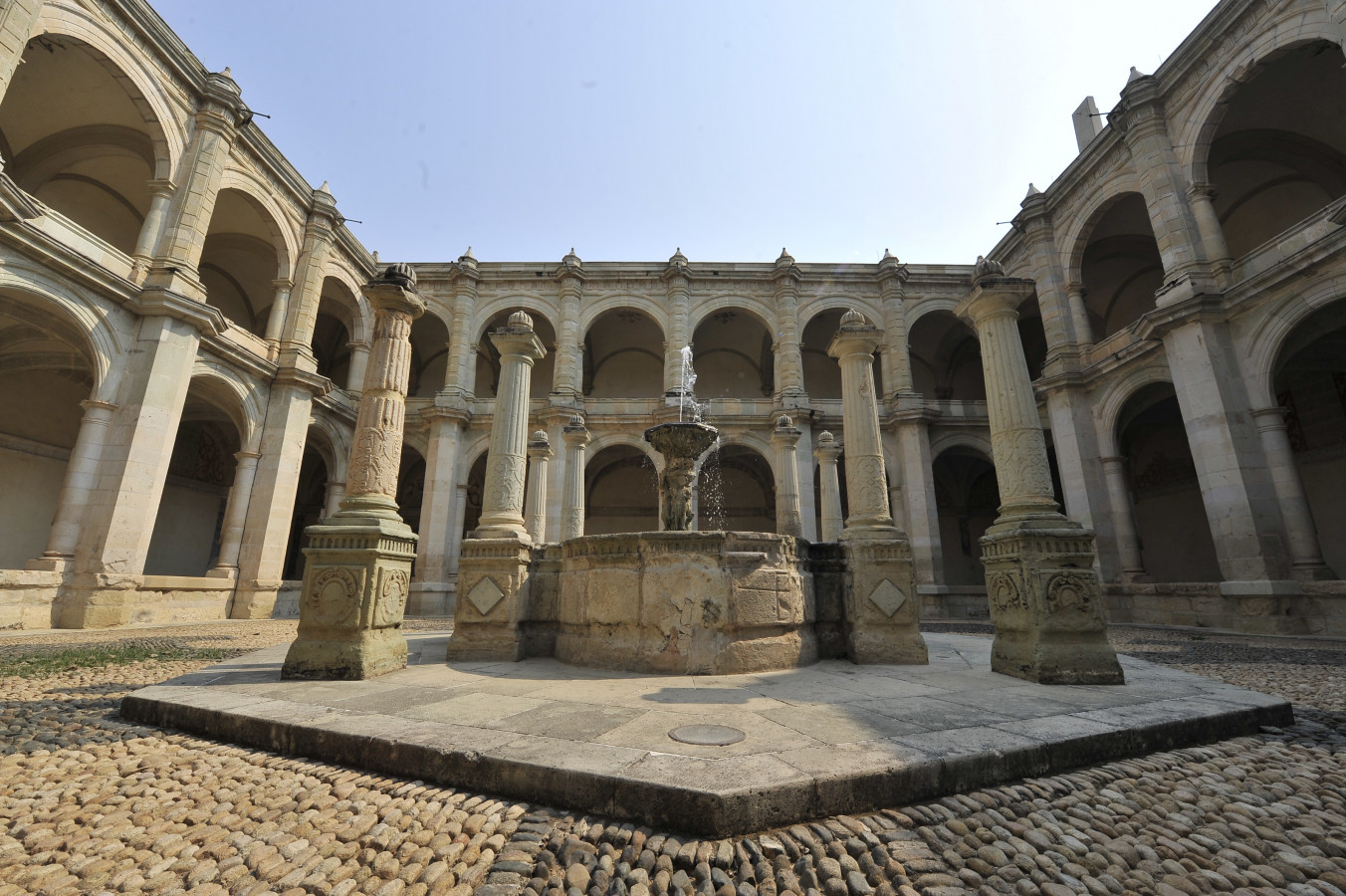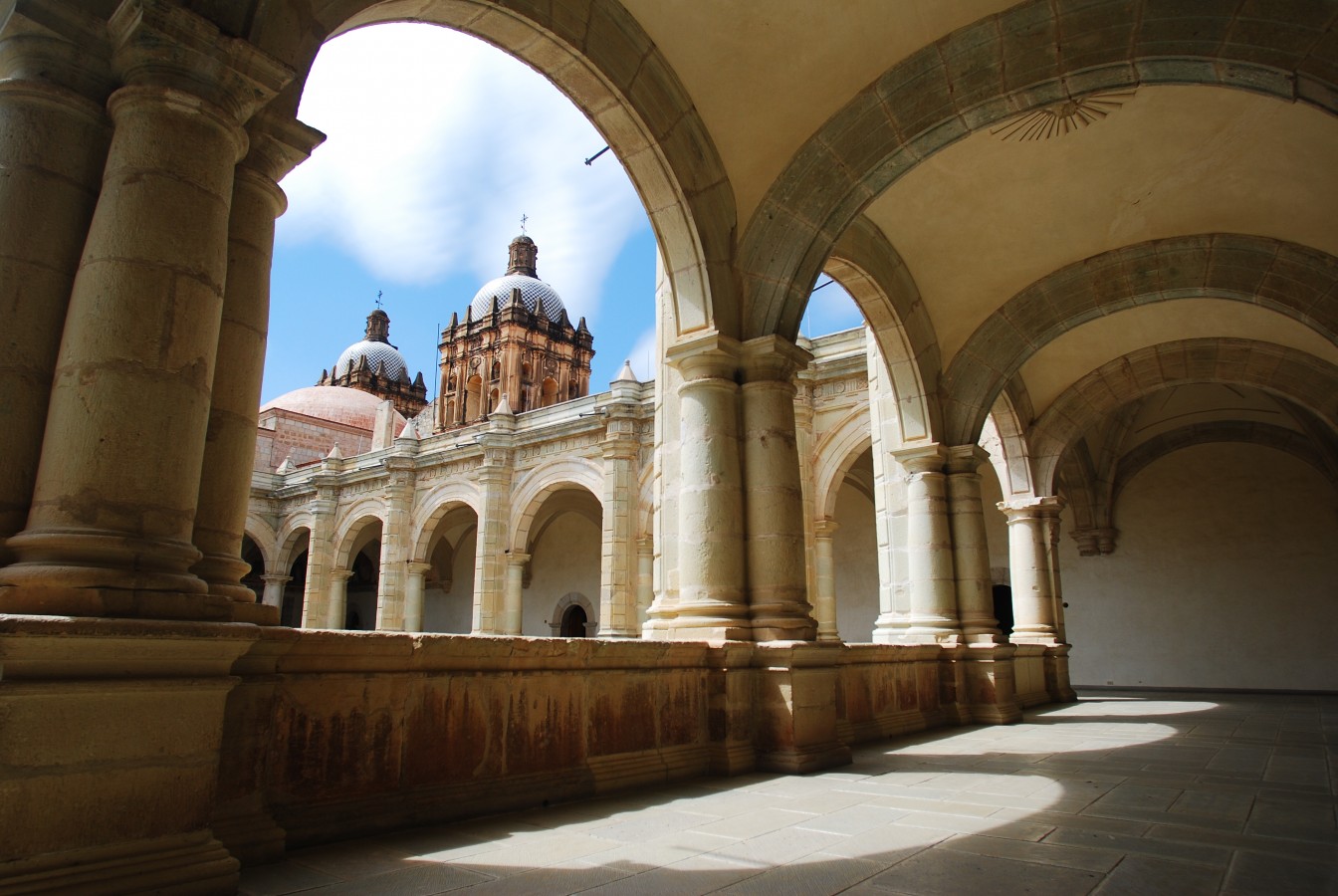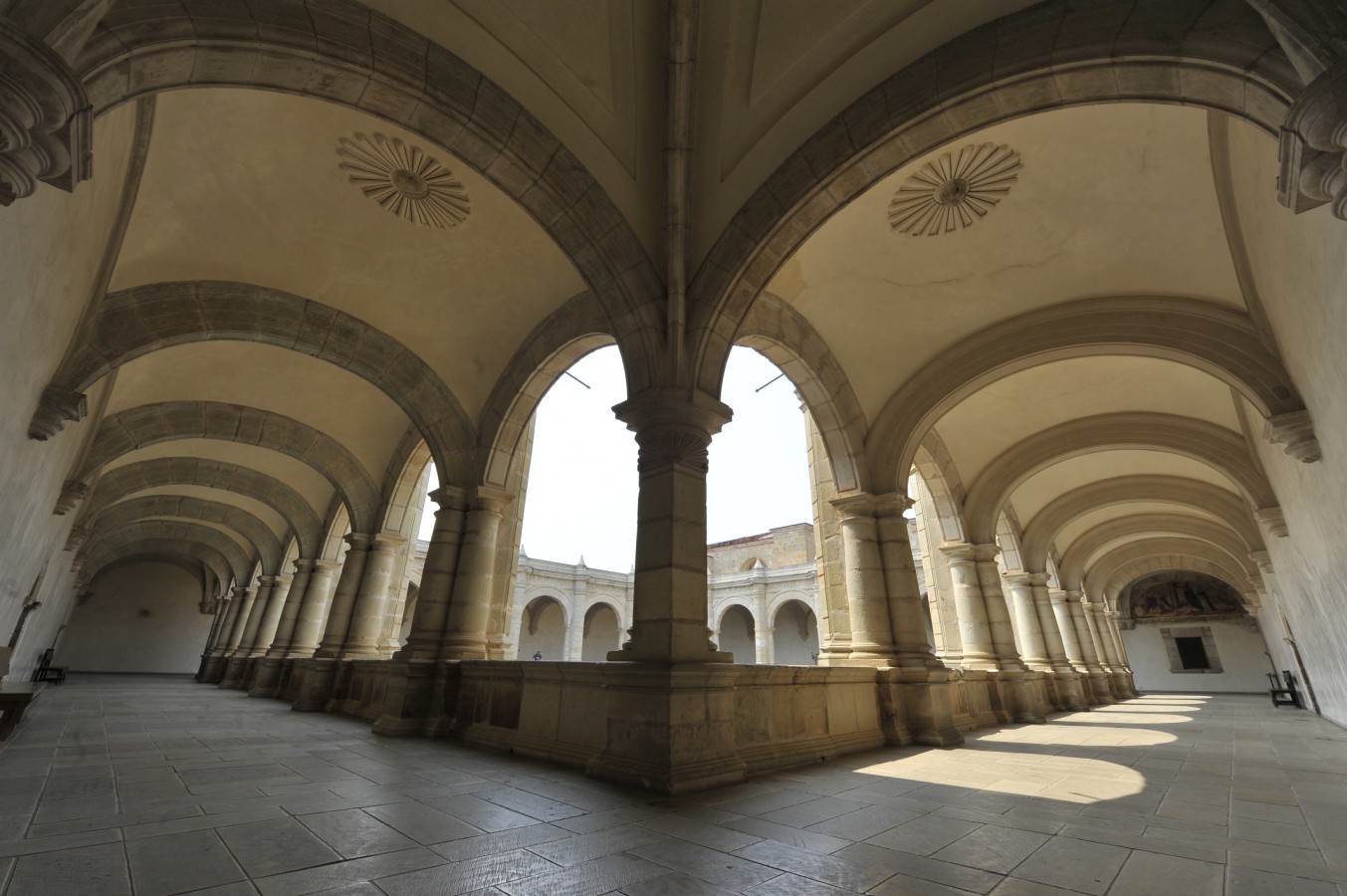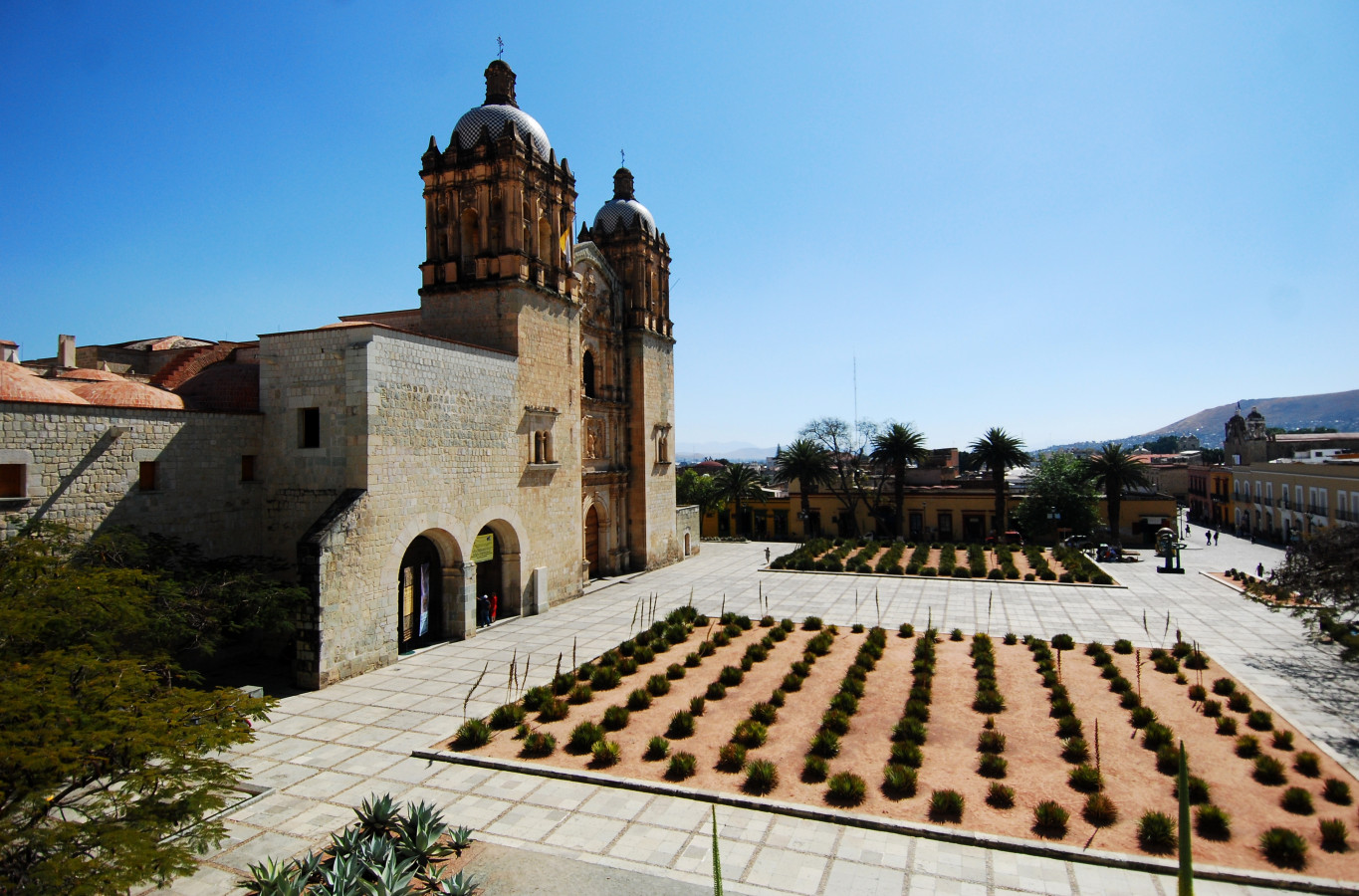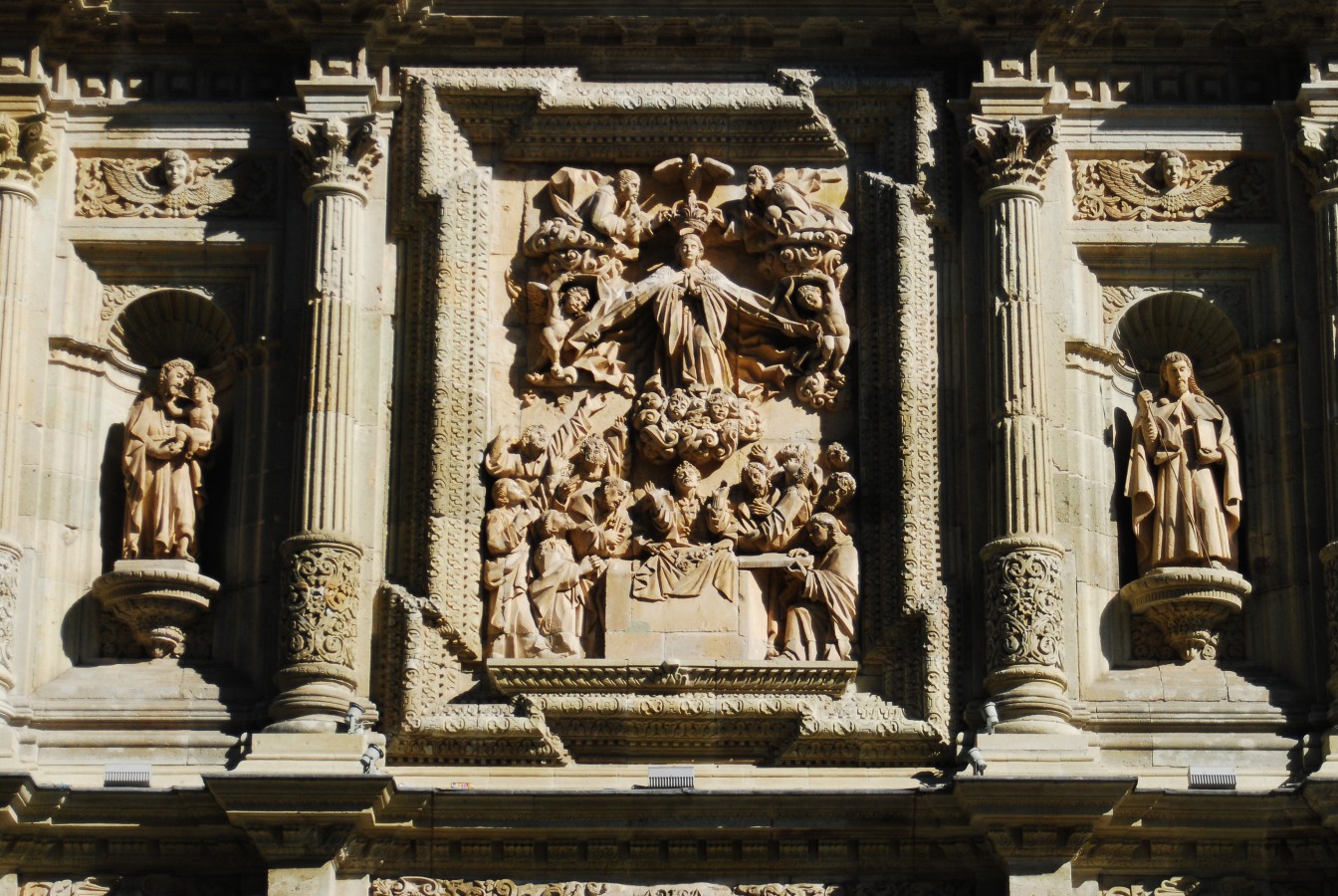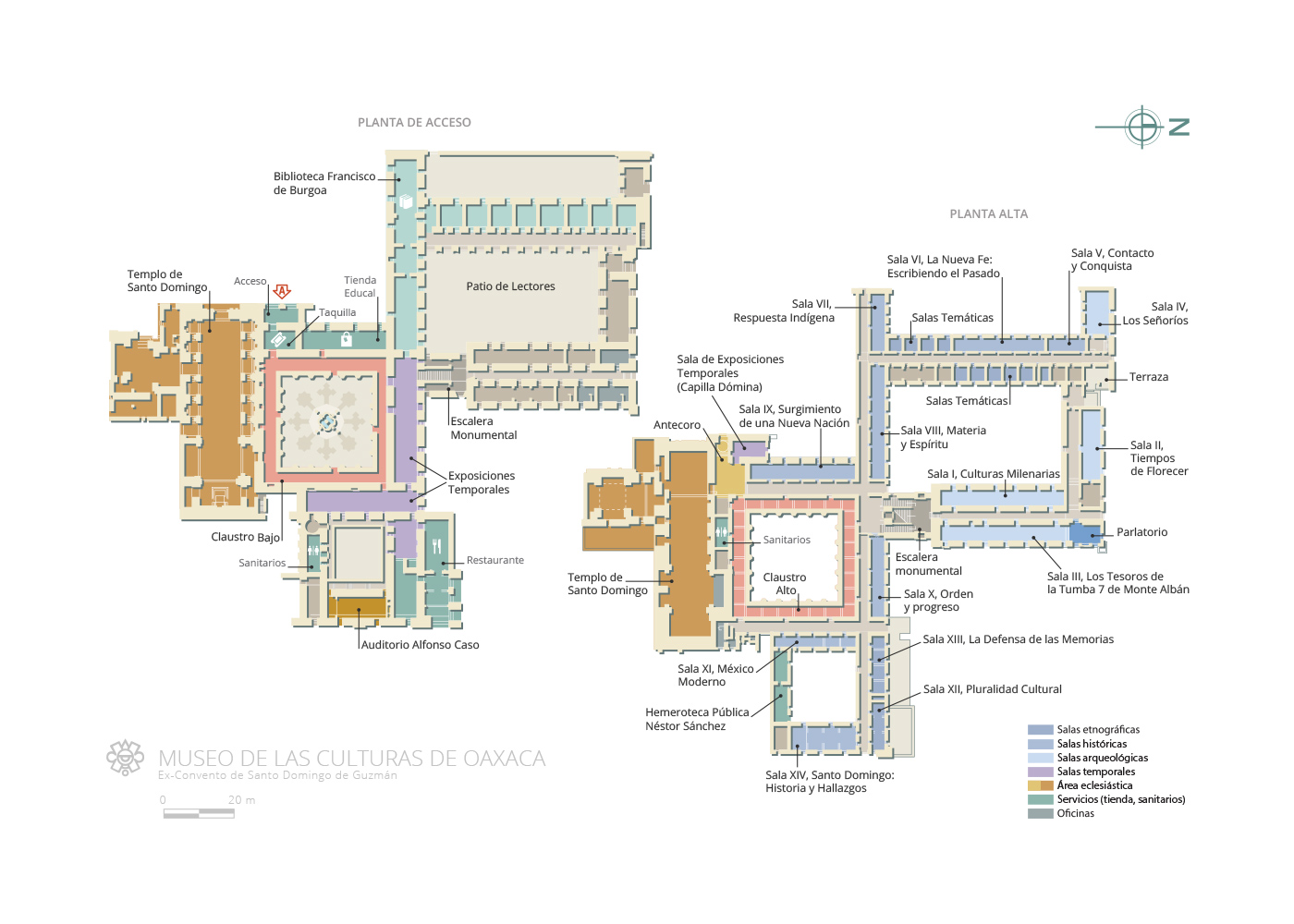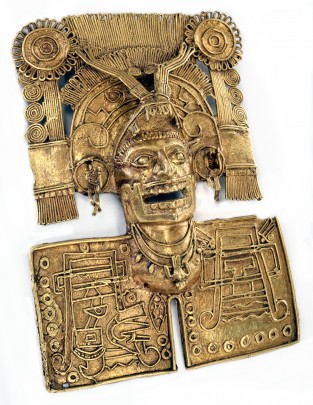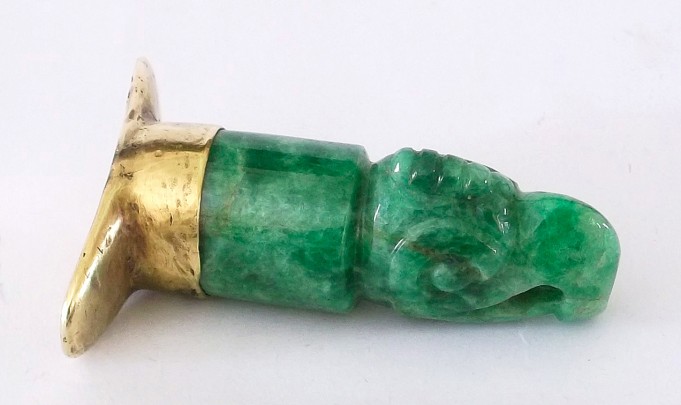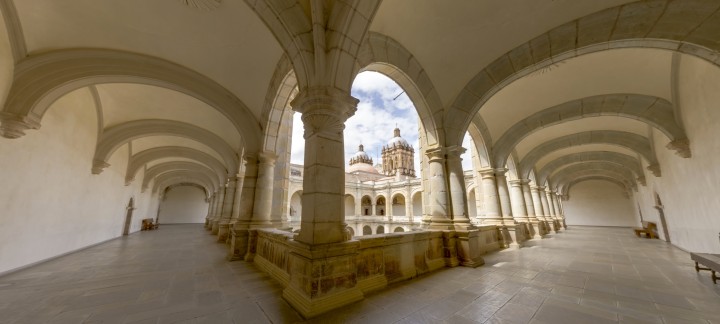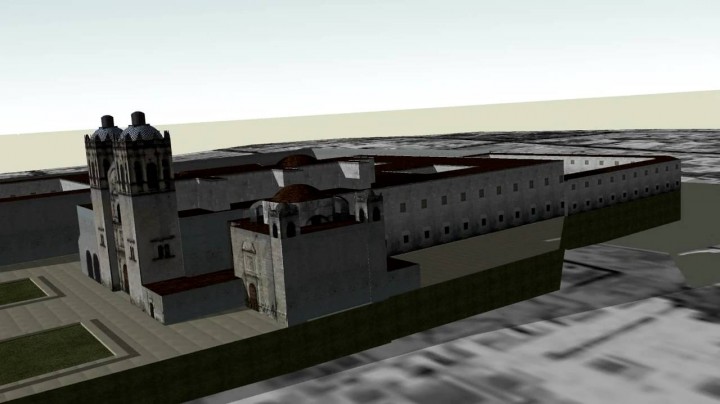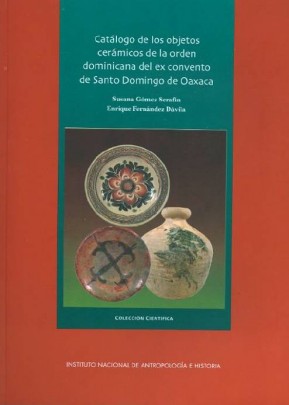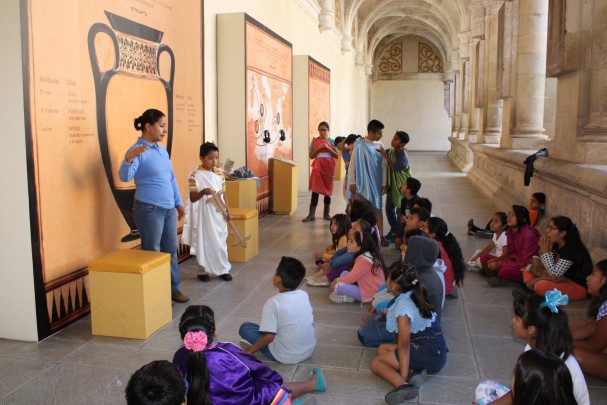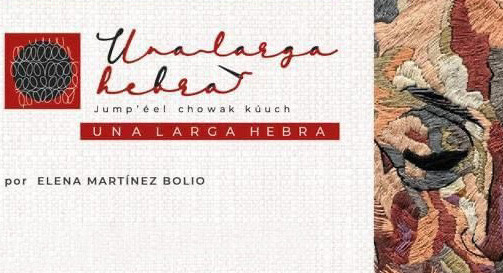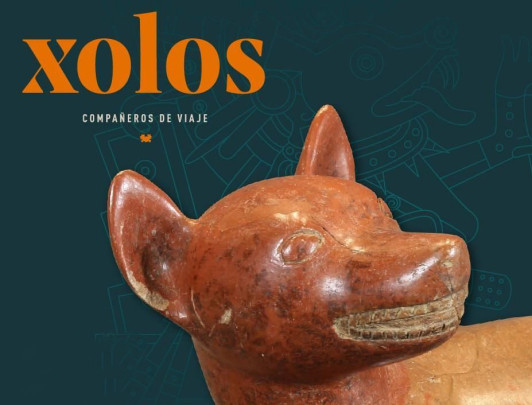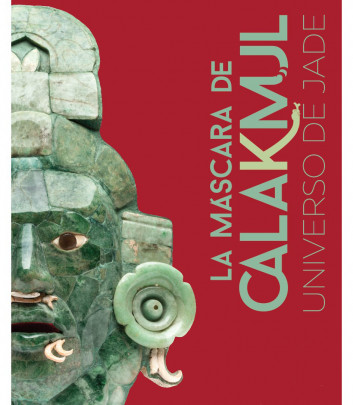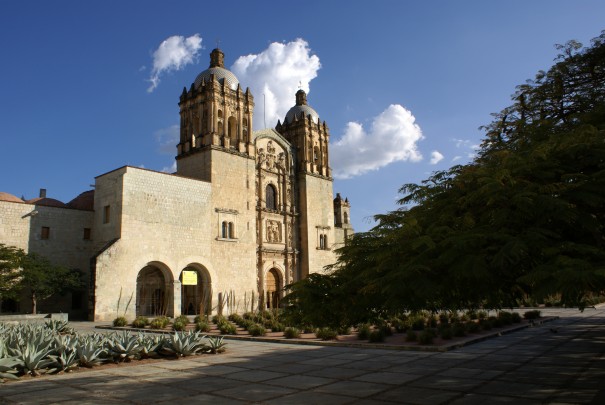Museo de las Culturas de Oaxaca
With its adjoining monastery, the church is considered one of the finest Baroque gems of the viceregal period. Both were built by the Dominicans with indigenous labor during the sixteenth and seventeenth centuries. The museum has fine examples of the pre-Hispanic, religious, romantic and contemporary art of Oaxaca. There is also an important ethnobotanical garden, an old library and a newspaper and periodicals library.
Regional
About the museum
Known previously as the Oaxaca Regional Museum, the Cultures of Oaxaca Museum is housed in the magnificent former Monastery of Santo Domingo de Guzmán, built by the Dominican order in the sixteenth century. Construction began in 1575 and the final stage was completed in 1731. This is a splendid monument exemplary of the viceregal period of architecture. It has 14 permanent galleries covering archeology, history and ethnography, with nine thematic galleries and three temporary exhibition galleries. The majority of the archeological artifacts on display were found during the excavation works carried out by INAH in Oaxaca.
Before it was established in this building, Oaxaca Museum went through various stages. It was founded on September 21, 1831 initially in a classroom of the Institute of Arts and Sciences of the State of Oaxaca, and it remained there until 1930 when the state government granted it space in the Girl’s Academy, which is today the Museum of Oaxacan Painters. It was officially launched as the Regional History and Archeology Museum of Oaxaca on November 23, 1933.
It moved again in December 1972, this time to its current location, as Oaxaca Regional Museum. The huge restoration and conservation project on the complex of the Monastery of Santo Domingo de Guzmán began in 1994, winning the Queen Sofia International Prize for the best restoration. This also implied the renovation of the museum, which was relaunched in 1998 under its current name, the Cultures of Oaxaca Museum.
Today the Cultures of Oaxaca Museum shares this space with other cultural and educational institutions: the Francisco de Burgoa Library, the Historical Ethnobotanical Garden and the Néstor Sánchez Public Newspaper and Periodicals Library. It also has multipurpose spaces where important academic and cultural events are held.
Before it was established in this building, Oaxaca Museum went through various stages. It was founded on September 21, 1831 initially in a classroom of the Institute of Arts and Sciences of the State of Oaxaca, and it remained there until 1930 when the state government granted it space in the Girl’s Academy, which is today the Museum of Oaxacan Painters. It was officially launched as the Regional History and Archeology Museum of Oaxaca on November 23, 1933.
It moved again in December 1972, this time to its current location, as Oaxaca Regional Museum. The huge restoration and conservation project on the complex of the Monastery of Santo Domingo de Guzmán began in 1994, winning the Queen Sofia International Prize for the best restoration. This also implied the renovation of the museum, which was relaunched in 1998 under its current name, the Cultures of Oaxaca Museum.
Today the Cultures of Oaxaca Museum shares this space with other cultural and educational institutions: the Francisco de Burgoa Library, the Historical Ethnobotanical Garden and the Néstor Sánchez Public Newspaper and Periodicals Library. It also has multipurpose spaces where important academic and cultural events are held.
September 1831
January 1998
Map
An expert point of view
A brief overview of the treasures of the museum’s archeological collection.
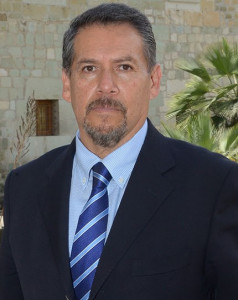
José Luis Noria Sánchez
Museo de las Culturas de Oaxaca, Ex Convento de Santo Domingo de Guzmán
Practical information
Tuesday to Saturday from 10:00 to 16:00 hrs.
$100.00 pesos
Ex Convento de Santo Domingo de Guzmán,
Macedonio Alcalá s/n,
Centro Histórico, CP. 68000,
Oaxaca, Oaxaca, México.
Macedonio Alcalá s/n,
Centro Histórico, CP. 68000,
Oaxaca, Oaxaca, México.
Services
-
+52 (951) 516 62 41
-
This email address is being protected from spambots. You need JavaScript enabled to view it.
-
FACEBOOK
-
TWITTER
Directory
Director
José Luis Noria Sánchez
This email address is being protected from spambots. You need JavaScript enabled to view it.
+52 (951) 516 29 91, ext. 2
Comunicación Educativa
Sin responsable
This email address is being protected from spambots. You need JavaScript enabled to view it.
+52 (951) 516 29 91, ext. 3
Enlace Administrativo
Edith Mercedes Sánchez Sosa
This email address is being protected from spambots. You need JavaScript enabled to view it.
+52 (951) 516 29 91, ext. 4
Jefe de Seguridad
Raúl Miguel García Hernández
This email address is being protected from spambots. You need JavaScript enabled to view it.
+52 (951) 516 29 91, ext. 5

